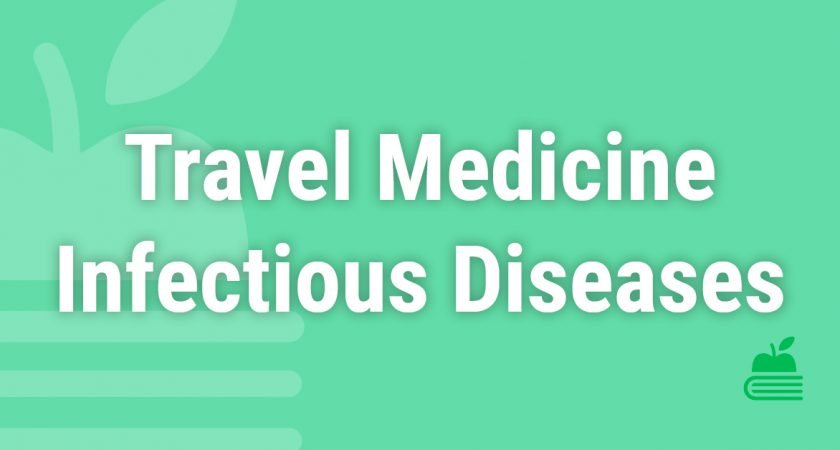Read week
Hi everyone!
How good does it feel to be safe at home?! Look around your room now for a minute and be give thanks for safety, a comfortable seat, a desk, opportunity to study and the ability to earn income.
This week is about travel medicine, infectious diseases and refugee medicine.
Travel is fantastic and should be encouraged. However, international travel carries with it inherent risks. It is important for each registrar to know how to do detailed travel counselling to include information about travel vaccination schedules, dealing with traveller’s diarrhoea, risk reduction strategies, and malaria prophylaxis. Travel insurance should be emphasised.
It’s not uncommon for young men and women to attend the clinic for something quite benign like a contraception pill script or a common cold. Given the propensity for this population group for having sexually transmitted infections (STIs) it is very important to take a brief history around this. Identify their risk of different infections and test appropriately. While in the past a urine PCR was done on first catch urine, it is now recommended to do more opportunistic checks with a random urine. Don’t be afraid to treat for chlamydia/gonorrhoea if suspicious of infection before investigations return.
Hepatitis C and HIV positive patients need to be found in our community – and this needs to be done by appropriate screening for risk of blood virus transmission. Ask the patient about their sexual history (who sticks what where), use of IV drugs, history of incarceration etc. These conditions are now treatable and are not fatal as they once were. We need to destigmatise these conditions to encourage appropriate testing.
Look after yourself, and be grateful every day for where you are in the world!
Dr Andrew Harris
Director of Amadeus Education.
Presenting complaints:
These are the common presenting complaints that should be covered for this topic: Fever in the returned traveller (https://bit.ly/2stvof9)
Common conditions:
These are the common conditions that should be reviewed for this topic:
Topics | Important resources |
Traveller’s diarrhoea |
|
Fever in Returned Travelers |
|
HIV/AIDS |
|
STIs – including chlamydia, gonorrhoea, herpes simplex, syphilis, trichomoniasis, |
|
Infections associated with sex – bacterial vaginosis, candidiasis |
|
Refugee health |
|
Hepatitis A |
|
Hepatitis B |
|
Hepatitis C |
|
Immunisations |
|
Travel Vaccines |
|
Medication doses:
These are the medications and doses that should be learned for the exam:
Condition | Medication |
Bacterial vaginosis |
|
Trichomoniasis |
|
Chlamydia |
|
Gonorrhea |
|
Genital Herpes |
|
Syphilis |
|
Malaria Prophylaxis |
|
Traveller’s diarrhoea |
|
TB |
|
CHECKS:
Here are the list of recommended Checks that would be useful in your study for GP exams (accessed via subscription from http://gplearning.racgp.org.au):
- Immunology, November 2018
- Allergies, March 2018
- Infectious diseases, June 2017
- Travel Health, January 2016
- Infections, April 2014
- Immunisation, May 2012
Focus on clinical skills:
Here is a brief focus on some OSCE preparation topics related to this topic:
- Mandatory reporting of health practitioners. AFP, August 2010. (https://bit.ly/2RIeqbJ)
- The Pretravel consultation. Centers for Disease Control and Prevention. (https://bit.ly/2YLviNX)
- General Approach to the Returned Traveler. Centers for Disease Control and Prevention. (https://bit.ly/30Edx4M)
- Refugee health assessment template 2018. (http://refugeehealthnetwork.org.au/wp-content/uploads/FINAL_2018_Sept21_On-Arrival-Refugee-Health-Assessment.pdf)
Focus on medicolegal:
Here is a brief focus on the medicolegal issues covered in Australian Family Physician:
- The duty of GPs to follow up patients. April 2013. (https://bit.ly/2TVR6nu)
- To treat or not to treat. November 2009. (https://bit.ly/2U2XFVl)
Copyright © 2021 Andrew Harris

